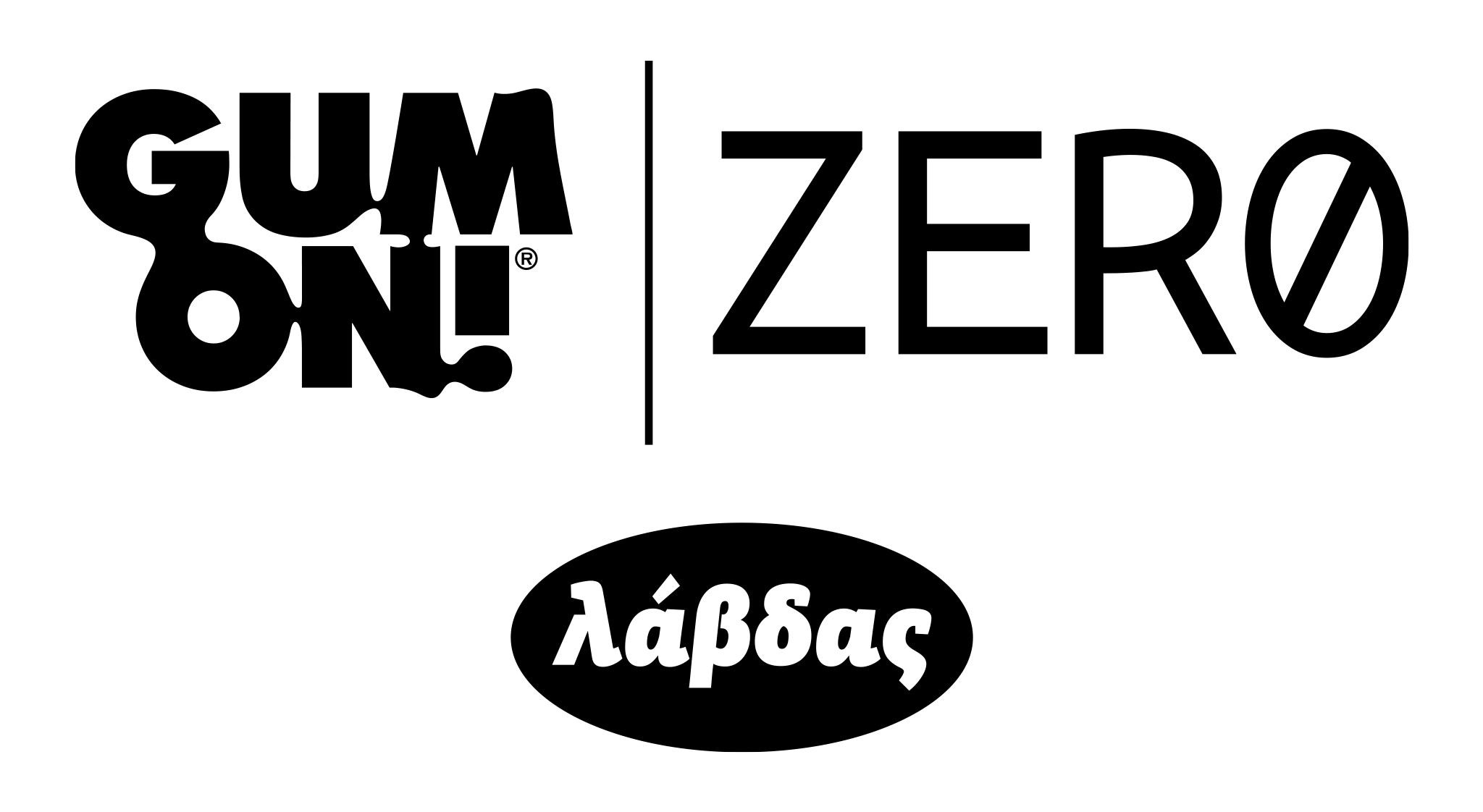
Listening to the wonderful performances by Mr. Charalampos Velissarios and Mrs. Ada Athanassopoulou, the delegates started their day. The delegates were able to learn more about each others’ countries as the heads of delegations delivered their presentation speeches about their countries.
Today, we have closely observed the committee meeting of the CULT—committee on Culture and Education. Its committee issue focused on the importance of improving the education quality across the EU member states while supporting already-existing blueprints. The issues also directed the attention of the delegates to the European Degree: a blueprint for the creation of an optional universal degree all across the EU member states for higher education in the universities.
The meeting was filled with enthusiasm: every delegate was eager to voice their opinions. They were able to speak up for their thoughts in polite and positive manners, brightening the mood of the meeting. During the meeting, many valid points were brought up to attention. The delegate of Italy underscored the importance of acknowledging the differences across the EU member states’ education systems. Furthermore, the variances in admission requirements and entrance exams in different countries were also talked about. These factors helped the delegates of CULT to brainstorm about various determinants that would hinder the enhancement of education in the EU countries. Not only that, the delegates redirected their focus on the matter of ensuring equal rights for education for all people. The delegates mentioned the disadvantages the physically or intellectually disabled might have to go through during the process. We think that the general issue of the CULT committee mainly focused on the issue of disparity between countries or social classes.
We interviewed the Finland delegate Kaius Kauppila to enrich our current understanding of the CULT’s situation. Kairus explained the need for transnational cooperation between countries: he stated that cooperating across nations will further help boost the EU’s competitiveness as a whole. By working together, the EU will be able to gather experts all across the continent of Europe, and, by doing so, this will help the countries share their expertise on the field of education. The idea of European Degrees seemed to be very appealing to most of the EU countries. It was a new form of qualification that the EU students could use universally across the EU member states. We thank Kaius Kauppila for gladly accepting our interview request as we were able to learn so much from him.
The delegates are getting ready to finish the introductory clauses by tomorrow, and we hope to inform you more about tomorrow’s meeting as every committee starts to wrap up their sessions.








